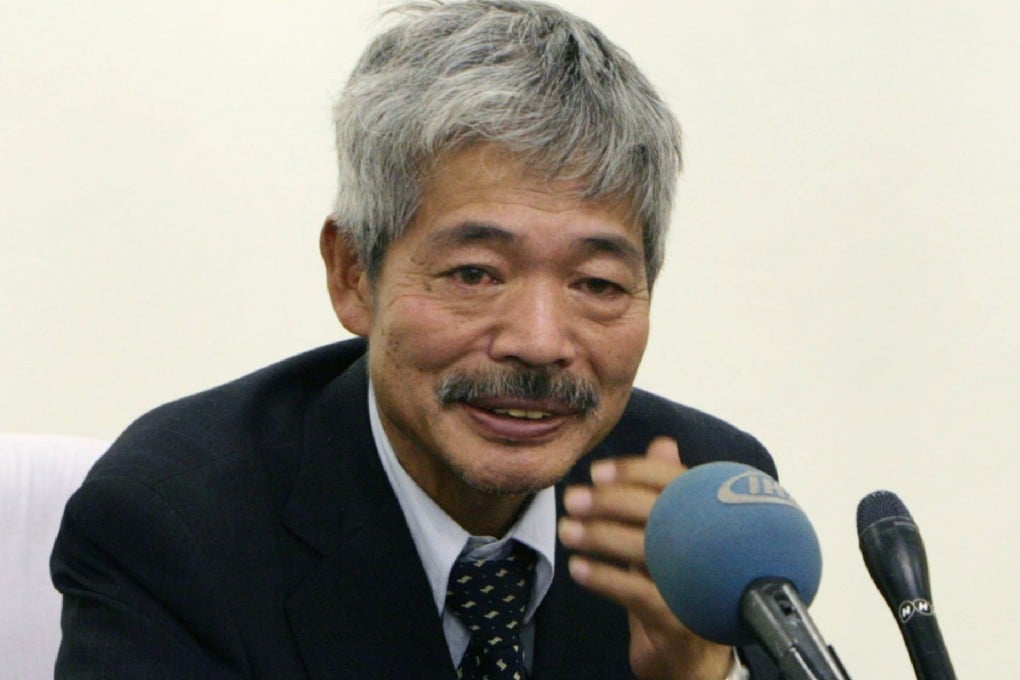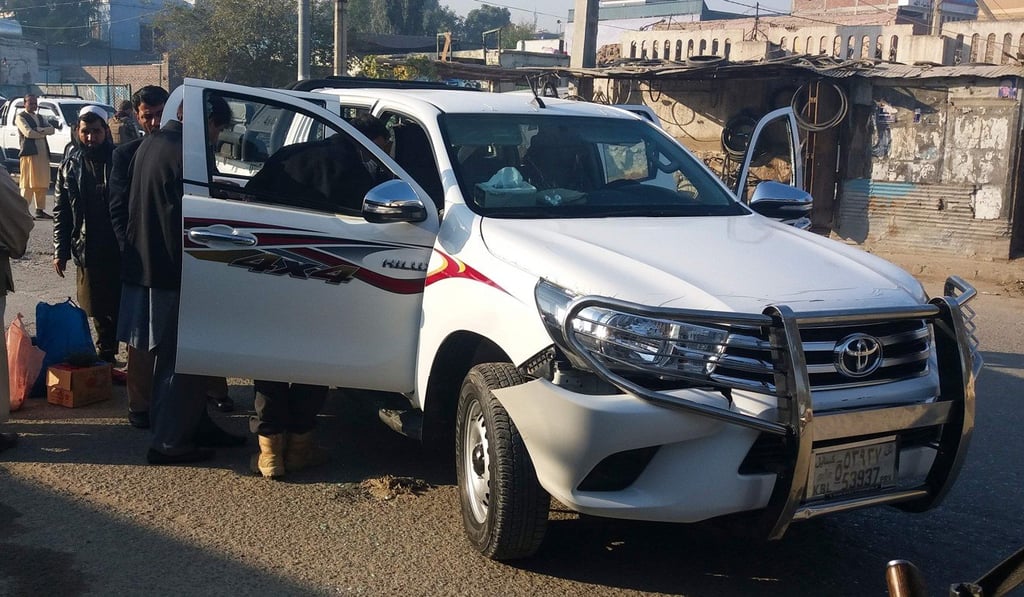Advertisement
Japanese doctor Tetsu Nakamura among six killed in attack on NGO convoy in Afghanistan
- Dr Nakamura, head of Peace Japan Medical Services, was involved in reconstruction work in irrigation and agriculture in the country
- Unknown gunmen attacked vehicles in Jalalabad in eastern Nangarhar province
Reading Time:2 minutes
Why you can trust SCMP

A Japanese doctor who spent decades working in Afghanistan was killed on Wednesday along with five Afghans in an attack in the east of the country, officials said.
Tetsu Nakamura, 73, who headed Peace Japan Medical Services – known as Peshawar Kai in Japanese – was shot by gunmen while in a vehicle in Jalalabad in Nangarhar province.
“Sadly, Dr Nakamura has passed away from the wounds he received in the armed attack this morning,” said Attaullah Khogyani, a spokesman for Nangarhar’s governor.
Advertisement
The doctor, well-known in Japan, had been shot on the right side of his chest and was in the process of being transferred to a hospital in Bagram near Kabul when he died at Jalalabad airport, officials said.

Advertisement
The five Afghans killed were three of Nakamura’s security guards, a driver and another colleague, Khogyani said.
Advertisement
Select Voice
Select Speed
1.00x